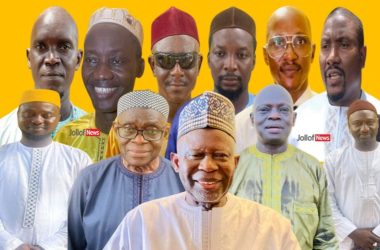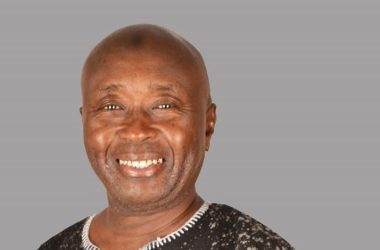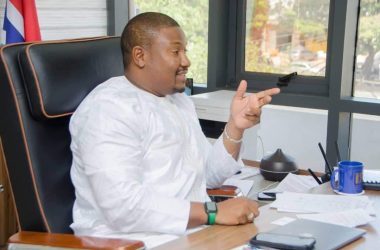
(JollofNews) – There are some high risk stakes in the forthcoming National Assembly elections in the Gambia. This could be the last chance saloon for several of the old party leaders should the electorate make unforeseen choices.
In recent times, the electorate all over the world have been making unforeseen choices, a trend comparable to the momentum of the Arab spring. Disenchantment with the leadership of the main political parties and austerity polices are amongst the prime movers of the voting public. The discontent is guiding a change in the make up of historic political polarisation that have held the high office of authority for decades. Where it will all end is anyone’s guess.
I see the Gambia like this. Adama Barrow, the chosen candidate of the opposition that ousted the long-time ruler Yahya Jammeh, hails from the second largest party, the United Democratic Party (UDP) led by Mr Ousainou Darboe. A strange situation that sees no party leader as president of the republic. We are yet to hear very much from President Barrow, but at his press conference recently in France, he was unclear if he would stay the agreed three-year transition period and viewed five years as possible depending on the situation in three years time. He supported this view saying he had a job to do.
It was reported in the Gambian online media that the leader of People’s Progressive Party (PPP), Omar Amadou Jallow, was highly critical of Mr Darboe’s decision to put up UDP candidates for the National Assembly elections. There appears to have been no agreement reached for this prior to the coalition candidate, President Barrow, taking the oath of office. Mr Jallow appears to suggest that there was an understanding that coalition parties would field independent candidates for the National Assembly election through to the end of the transition period. Mr Darboe is reported in the press as suggesting he was fearful that his UDP party was in danger of decline if he put up independent candidates.
Meanwhile, all coalition parties including the UDP, NRP, People’s Democratic Organisation for Independence and Socialism (PDOIS) and the National Reconciliation Party (NRP) have now fielded their own party candidates for the election. There have been several controversial contradictions in the governing coalition with public spats between holders of ministerial offices.
It will be very interesting to see how the electorate view all these anxious moments. The largest party in the Gambia, the APRC, would appear to still feel comfortable to maintain former President Jammeh as party leader. How the electorate votes will be a clear indication of support or decline of all the party leaders. The stage would appear to be set for an outsider such as Mammah Kandeh and his Gambia Democratic Congress party (GDC), who polled 17 per cent in the last presidential election. Mr Kandeh has stayed clear of all controversy. But of course this is a guess.
Clearly, the major party leaders such as Mai Fatty and Halifa Sallah have much at stake and will hope to appeal to the electorate to give them more credibility and reinforce their standings. One good thing though is that the electorate have a lot of choice. We are yet to see the substance of their policies and views if there is something that will carry them forward with the all important momentum. Politics thrives on momentum. At the moment, it is unclear whose party is going to gain momentum or decline.





Mike, it is the people that have the most at stake, not the politicians. It is unimportant what party wins, what is exciting is that Gambians have a choice, a true choice of our own. This is a necessary first step in the many great fortunes in our motherland. With time we will hold those seeking our votes to more rigorous standards and choose those who truly are worthy of the privilege to serve.
God Bless The Gambia
My good Doctor,
Let us pray for a clear message that allows your future hopes to make good roots for the future.
For to use own party candidates so soon after a very close Presidential election, leaves me anxious.